Orkexit: why does Orkney want to leave the UK for Norway?
Orkney Islands Council to investigate ‘alternative forms of governance’ for the archipelago
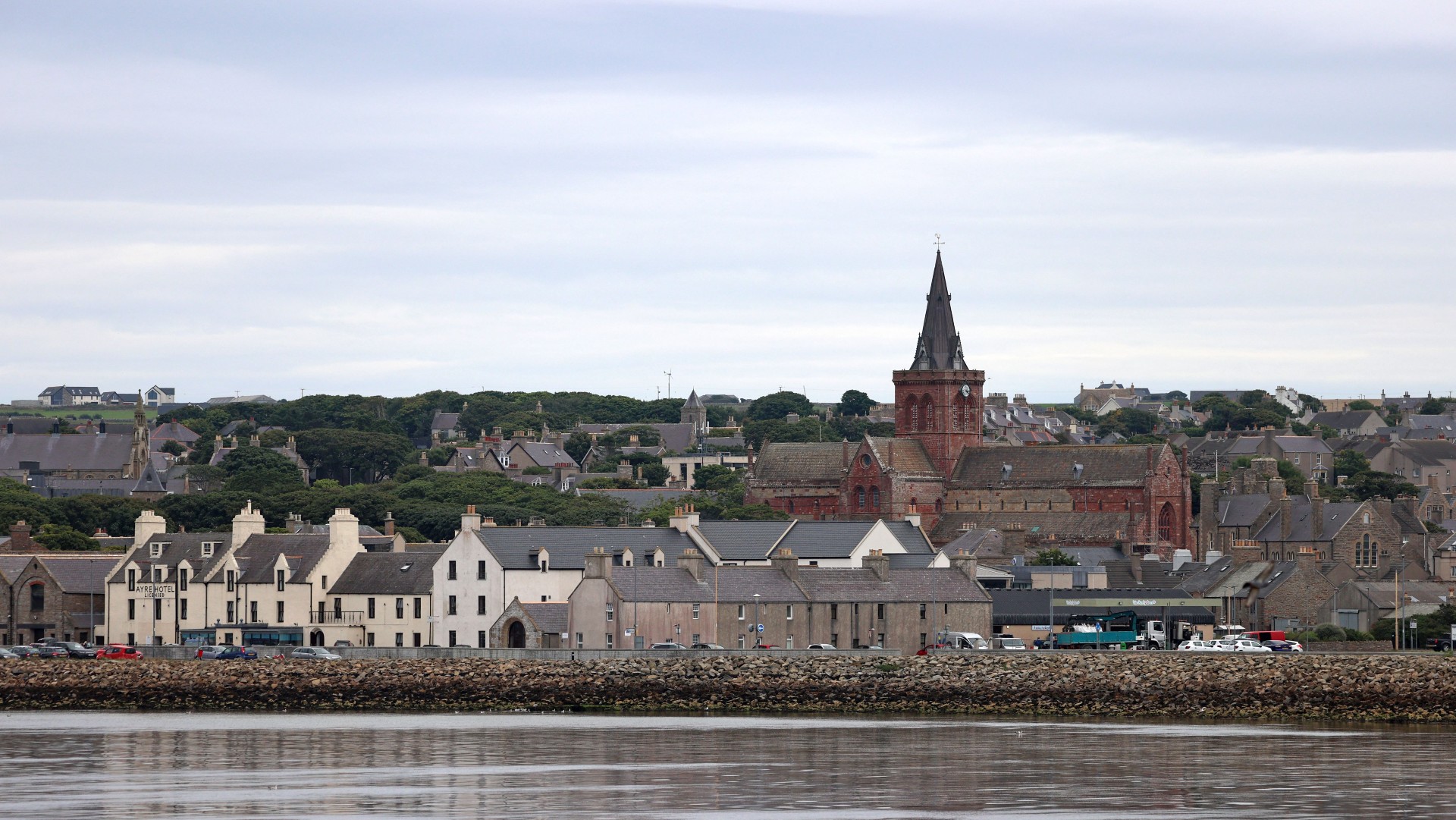
A free daily email with the biggest news stories of the day – and the best features from TheWeek.com
You are now subscribed
Your newsletter sign-up was successful
Orkney could leave the UK and become a territory of Norway under new proposals to explore “alternative forms of governance” for the archipelego.
A motion put forward by council leader James Stockan calls for elected representatives to explore Orkney’s “Nordic connections” during discussions this week about other governance models that could provide more economic opportunity.
Located off the north coast of Scotland, Orkney was under Norwegian and Danish control until 1472, when the islands were given to Scotland as security for Margaret of Denmark’s dowry on her marriage to King James III.
The Week
Escape your echo chamber. Get the facts behind the news, plus analysis from multiple perspectives.

Sign up for The Week's Free Newsletters
From our morning news briefing to a weekly Good News Newsletter, get the best of The Week delivered directly to your inbox.
From our morning news briefing to a weekly Good News Newsletter, get the best of The Week delivered directly to your inbox.
‘Orkney has been failed dreadfully’
There is “growing frustration” among Orkney’s 22,500-strong population that the archipelego “does not receive fair funding from Scotland and the UK” , according to Yahoo! News.
Council chief Stockan told BBC Radio Scotland that Orkney had been “failed dreadfully” by governments in Edinburgh and London, with funding less per capita than that received by Shetland and the Western Isles. The ferry fleet connecting the 20 inhabited islands in Orkney urgently need to be replaced, he said, and travel costs were high because “we are denied the things that other areas get like RET [Road Equivalent Tariff] for ferry fares”.
Orkney’s share of income from North Sea oil is also “far less” compared with the Shetland Islands, said The Times.
Stockan argued that a degree of independence could allow Orkney to profit from the renewal energy boom, however. “We’ve got a unique opportunity as we are right at the heart of all the wind projects around our waters,” he said.
A free daily email with the biggest news stories of the day – and the best features from TheWeek.com
The Orkney council voted in 2017 to look at whether the islands could have greater autonomy, but stopped short of demanding full independence.
Options now up for discussion include becoming a crown dependency, like the Channel Islands and Isle of Man, which would take Orkney out of the remit of the Scottish parliament. Alternatively, Orkney could become a British overseas territory, like the Falkland Islands, or pursue the status of the Faroe Islands, a self-governing territory of Denmark.
‘Dangers of putting up barriers’
Orkney’s capital, Kirkwall, is closer to Oslo than London, and the island chain was “part of the Norse kingdom for much longer than we were part of the United Kingdom”, Stockan told the BBC. A “huge affinity and a huge, deep cultural relationship” with Norway still exists, he added.
Responding to the proposals, the Liberal Democrat MSP for Orkney, Liam McArthur, said that empowering communities was “particularly important in our islands, where the effects of centralisation or a one size-fits-all approach by government can be most damaging, as we have seen over recent years”.
But “recent history also highlights the dangers from putting up barriers between or creating divisions within communities”, he warned.
Stockan’s motion “does not commit the council to any of the options” for alternative governance, said The Guardian, and acknowledged that “any constitutional change would probably require a combination of petitions, referendums and legislation at Holyrood and Westminster”.
-
 Why are election experts taking Trump’s midterm threats seriously?
Why are election experts taking Trump’s midterm threats seriously?IN THE SPOTLIGHT As the president muses about polling place deployments and a centralized electoral system aimed at one-party control, lawmakers are taking this administration at its word
-
 ‘Restaurateurs have become millionaires’
‘Restaurateurs have become millionaires’Instant Opinion Opinion, comment and editorials of the day
-
 Earth is rapidly approaching a ‘hothouse’ trajectory of warming
Earth is rapidly approaching a ‘hothouse’ trajectory of warmingThe explainer It may become impossible to fix
-
 ‘It’s hard not to feel for the distillers’
‘It’s hard not to feel for the distillers’Instant Opinion Opinion, comment and editorials of the day
-
 Taking the low road: why the SNP is still standing strong
Taking the low road: why the SNP is still standing strongTalking Point Party is on track for a fifth consecutive victory in May’s Holyrood election, despite controversies and plummeting support
-
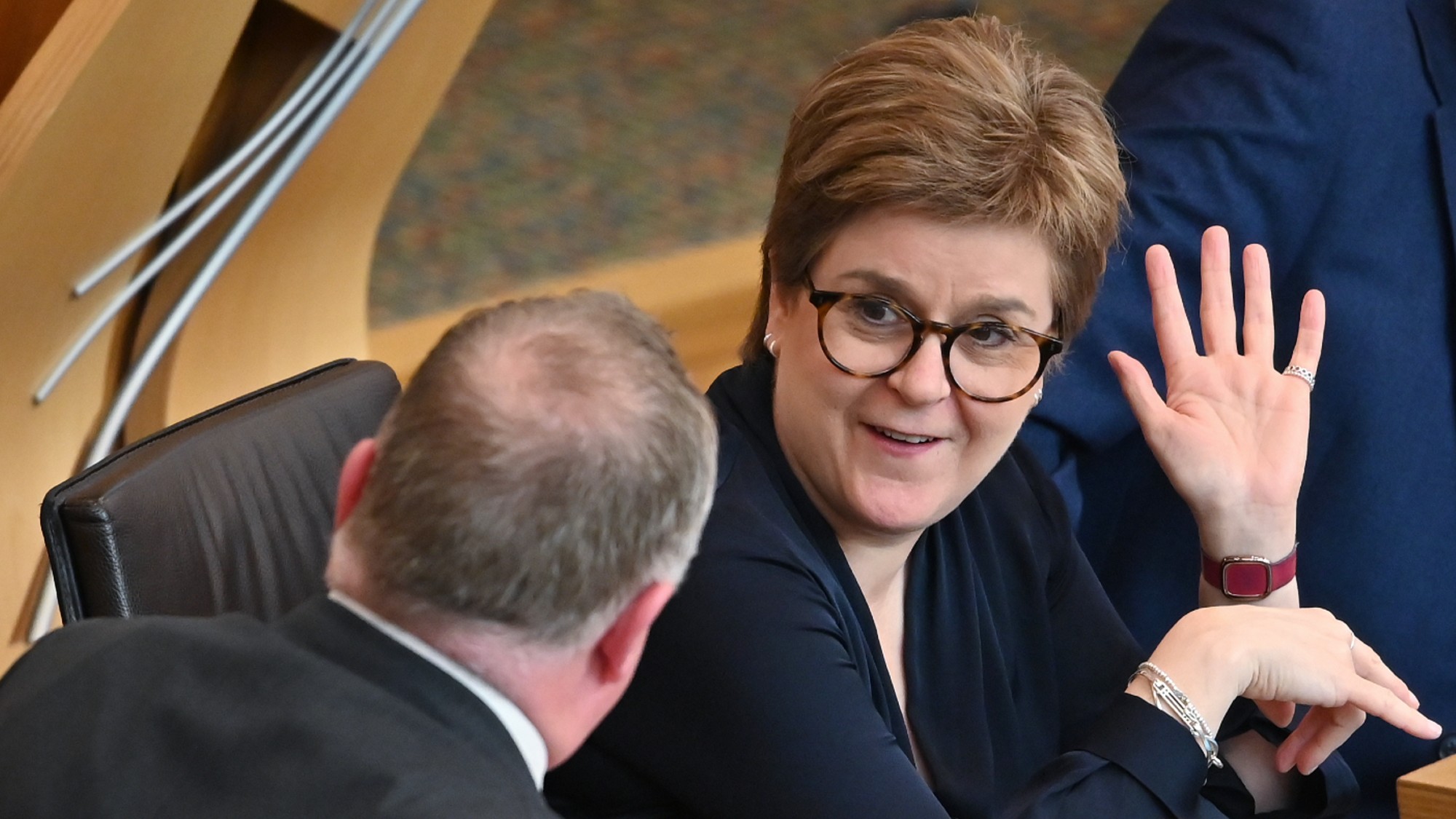 Nicola Sturgeon's memoir: making the personal political
Nicola Sturgeon's memoir: making the personal politicalTalking Point Former Scottish first minister attempts to set record straight in 'Frankly' but does she leave more questions than answers?
-
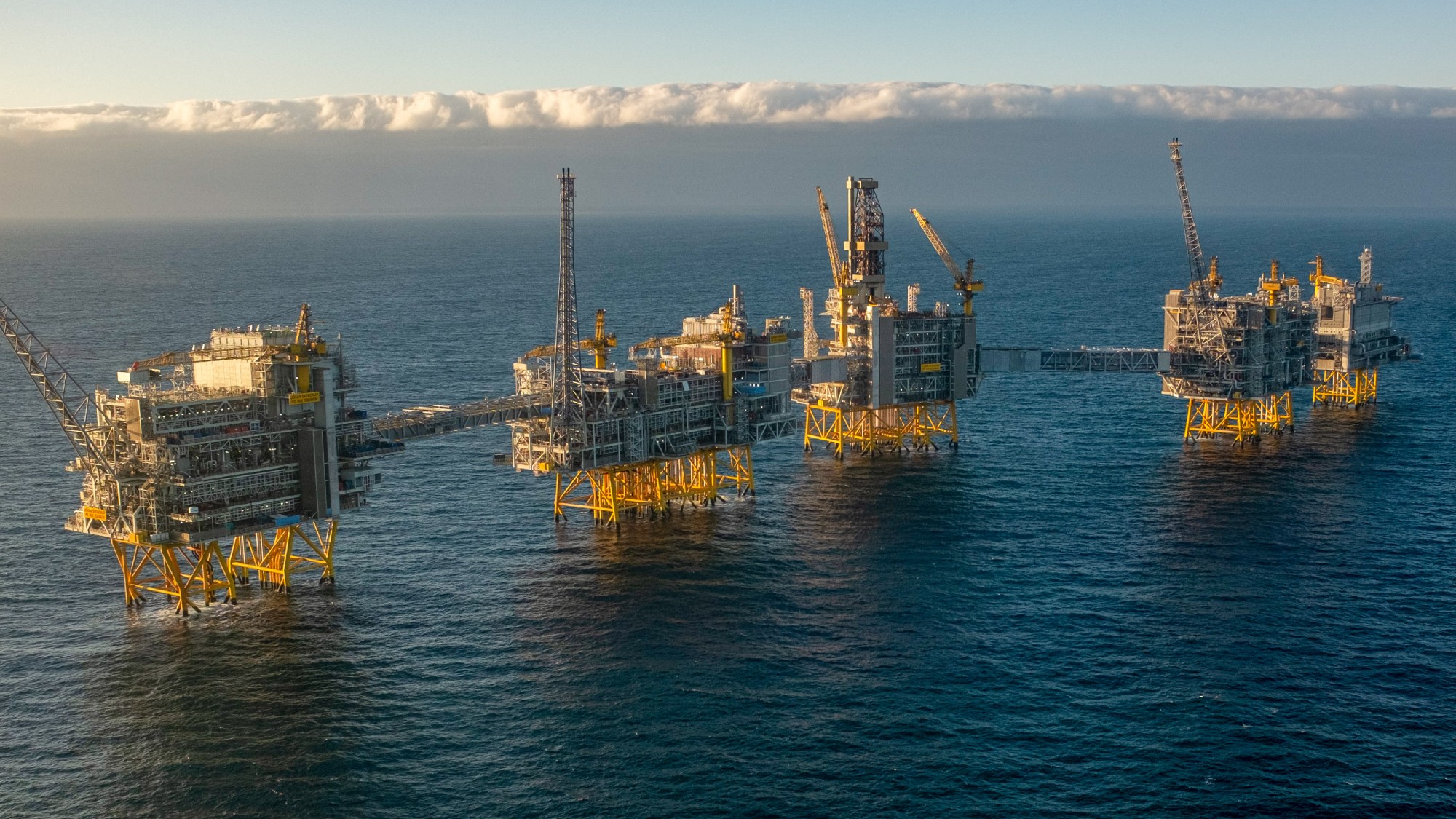 Norway's windfall: should it go to Ukraine?
Norway's windfall: should it go to Ukraine?Talking Point Oil-based wealth fund is intended 'for future generations of Norwegians', but Putin's war poses an existential threat
-
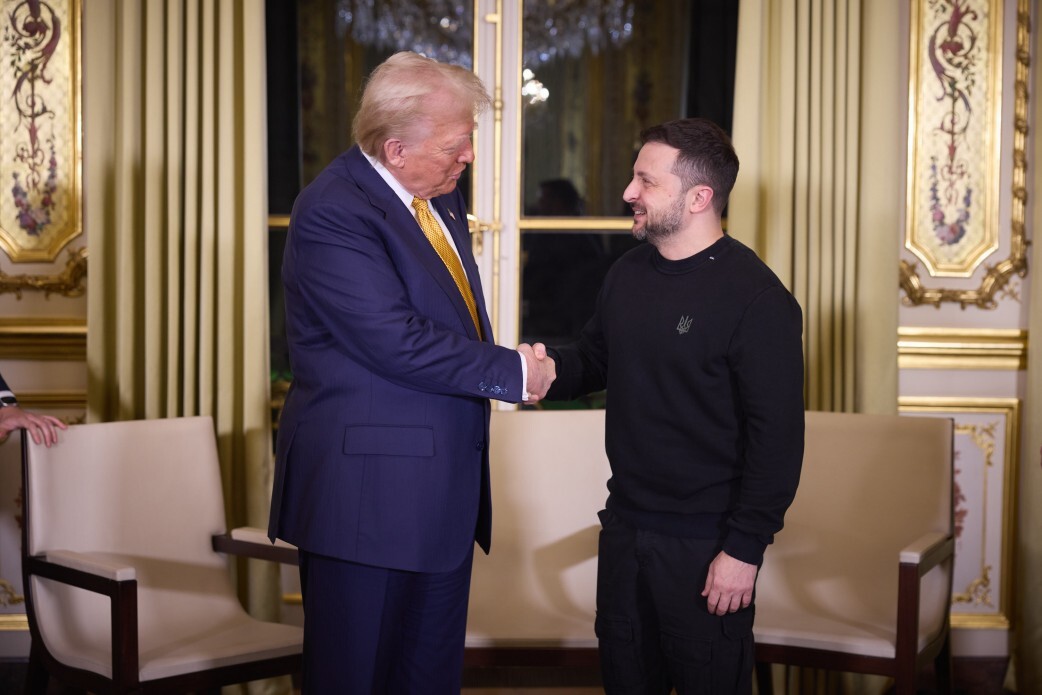 Ukraine hints at end to 'hot war' with Russia in 2025
Ukraine hints at end to 'hot war' with Russia in 2025Talking Points Could the new year see an end to the worst European violence of the 21st Century?
-
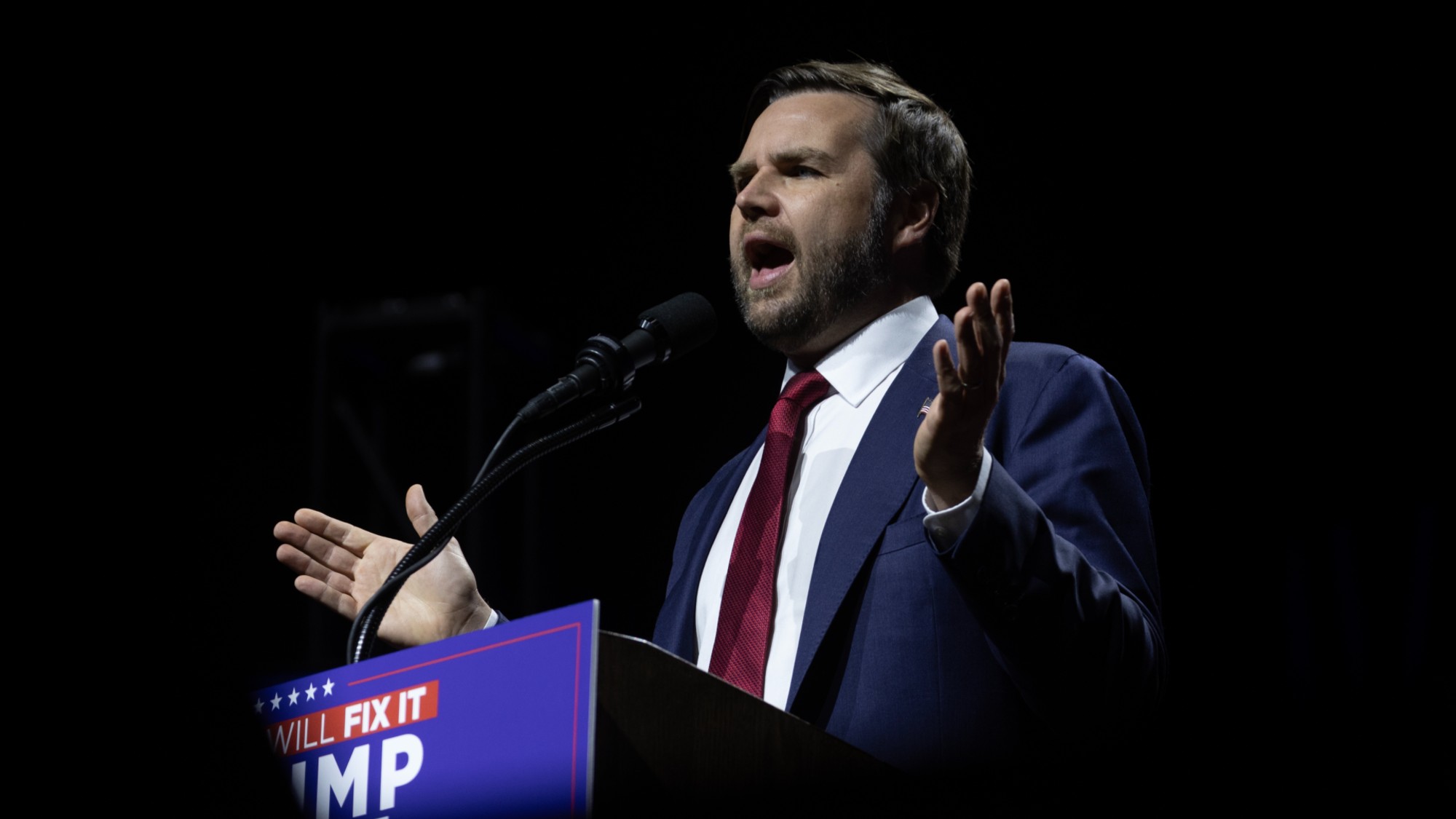 'Vance stands at a crossroads'
'Vance stands at a crossroads'Instant Opinion Opinion, comment and editorials of the day
-
 The future of X
The future of XTalking Point Trump's ascendancy is reviving the platform's coffers, whether or not a merger is on the cards
-
 The Democrats: time for wholesale reform?
The Democrats: time for wholesale reform?Talking Point In the 'wreckage' of the election, the party must decide how to rebuild